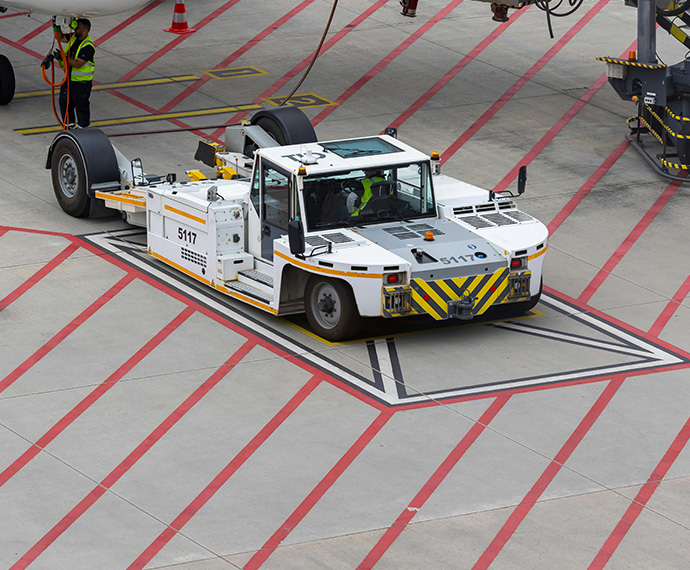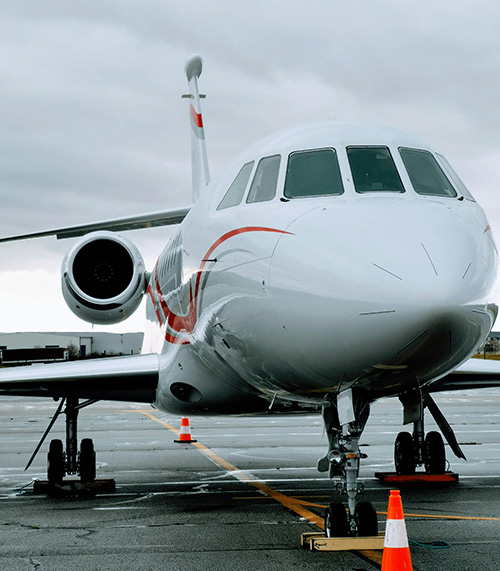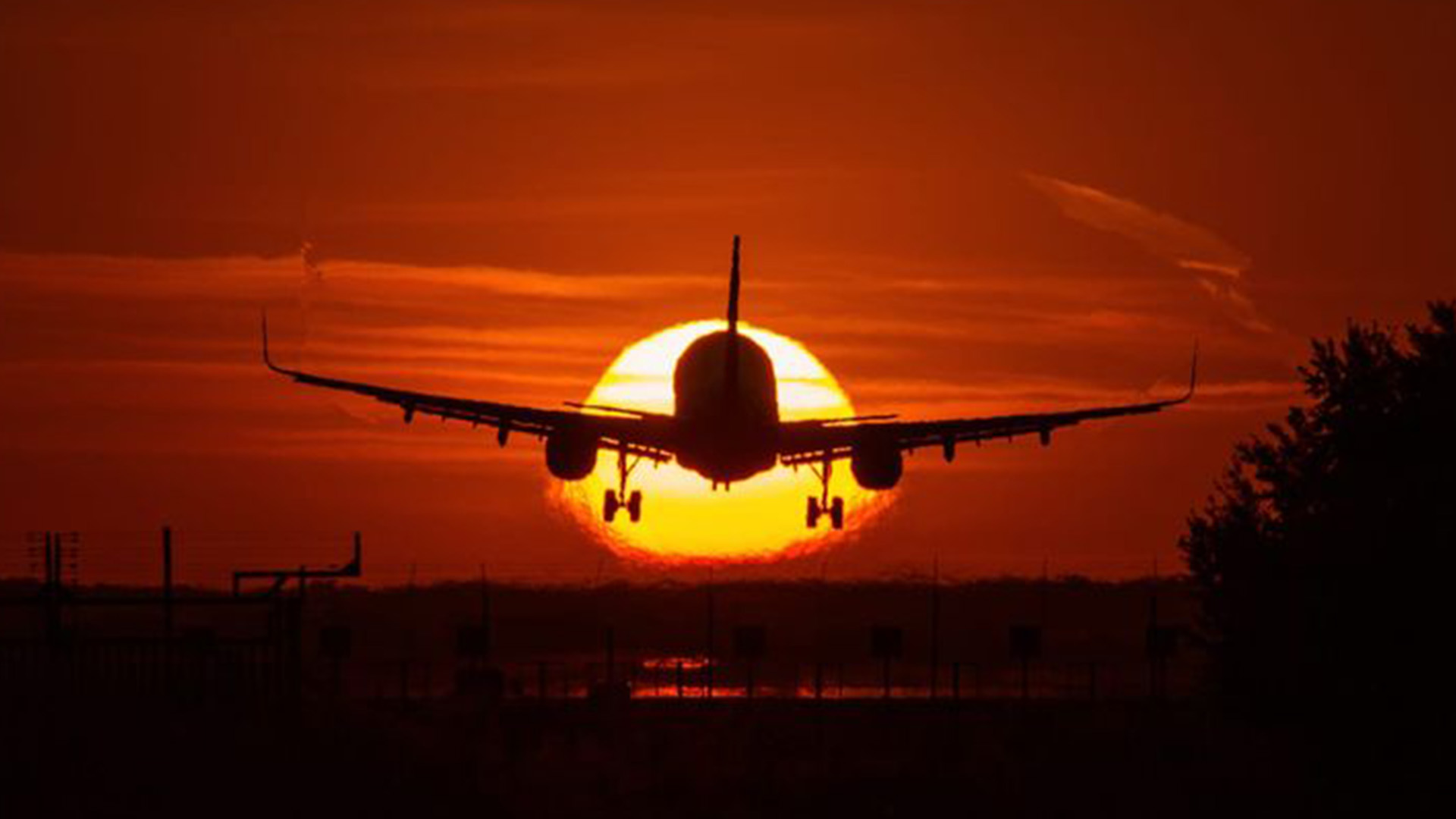Call Now: +91 77360 23040
Best Aviation Academy in Trivandrum, Kerala
Pinnacle Academy of Aviation and Management Studies, is one of the best aviation academy in Trivandrum, Kerala established in 2012 , located in the heart of Attingal town on the National Highway. One of the leading private institutions committed to providing various diploma in Airline and Airport management courses to the aspiring future professionals of the aviation industry. Our comprehensive courses are designed to provide students with the skills and information necessary for a successful career in aviation. With skilled professors, cutting-edge facilities, and a dedication to excellence, Pinnacle Academy guarantees a remarkable learning experience. Join us at Pinnacle Academy to pursue your aviation aspirations in Trivandrum.
Modern airports need trained and well informed manpower for its smooth functioning all across the world. On completion of the course, the students will get acquainted with the skills needed to work in the aviation sector.
Discover more
Browse our Courses

Duration: 3 Years
BBA With Aviation
BBA Aviation Management is a specialized degree that combines core business administration principle...
Read More
Duration: 3 Years
BA Tourism With Aviation
Aviation and tourism courses are designed to provide students with the knowledge and skills necessar...
Read More
Duration: 10 Months
Diploma in Airport Ground Handling
A Diploma course in Airport Ground Handling is a specialized program designed to provide students wi...
Read More
Checkout latest aviation
news and articles
13 May 2025
Why Choose BBA Aviation Management? Top Reasons to Consider
29 Apr 2025
What Makes an Aviation Institute Stand Out? Key Factors to Consider
27 Mar 2025
The Role of Aviation Institutes in Enhancing Airline Customer Experience Training


















